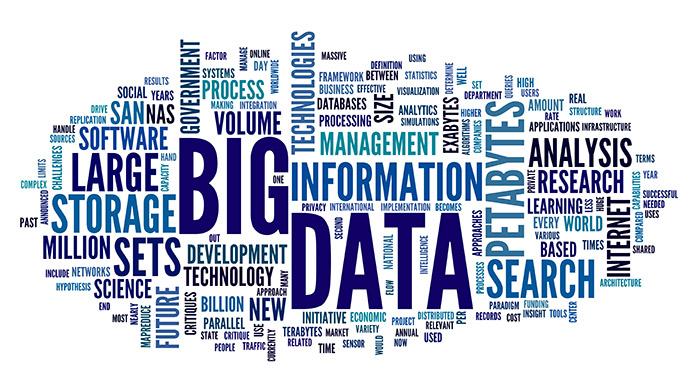Using ‘big data’ for improving community planning
It is common knowledge that your phone is always communicating with cell towers and base stations as you move around from one place to another. Authorities, when and if needed, can and do use...
September 08, 2016

It is common knowledge that your phone is always communicating with cell towers and base stations as you move around from one place to another. Authorities, when and if needed, can and do use this data to locate individuals when investigating a crime.
Besides law enforcement, other bodies are also interested in data. Many conspiracy theories have been floated regarding finger print scanners on mobile phones, and facial recognition algorithms on social media platforms.
However not everyone is after personal data. In Norway the main mobile telecommunications provider has developed a new method to securely extract anonymous data from base stations for better community planning.
During the month of July the telecom company’s research department examined data from base stations in Geiranger a small tourist village in the Sunnmøre region in the western part of Norway.
The telecom company conducted a test-analysis in which data from base stations was analyzed to show that the tourist village was a popular destination for tourists from Germany, England and Sweden.
Data showed that at one point there were more than 1500 people from Germany in Geiranger.
Big Brother is not watching
In case you are worrying that the telecom company is spying on you and harvesting data from your phone, the company stresses that no personal data is being collected. Nothing that can identify the individual is being collected; instead large volumes of data from base stations that are anonymized and combined is being collected.
The pilot project was conducted and involved a number of bodies including the Norwegian Environment Agency. Since most of Norway’s tourist attractions are in the great outdoors, where flora and fauna are vulnerable and affected by visitors, the data collected allows analyzing how visitors are using the areas.
The data available is shared with multiple sectors, providing valuable insights, that was not possible earlier.
"Information from our base stations makes it possible, for example, to facilitate sustainable tourism. The tourist industry will also be able to use this to find out which tourists are coming, or they can promote Norwegian nature and Geiranger as tourist destinations in countries that are not as well represented," says Johannes Bjelland, Senior Researcher at the telecom company.
Tracking 2 million people
According to information available with Geo.tv, on the 27th of July the telecom company analysed how 2.3 million mobile customers in the area moved between base stations over a span of 12 hours. The movements were plotted on a map showing where mobile users moved.

The greatest amount of movement was witnessed along major roads while airline routes are shown on the map as straight lines.
The telecom company claims, the data collected provides for studies of transport and journeys in Norway. “We have already established a partnership with the Institute of Transport Economics. The data help us to understand traffic flow, improve traffic solutions and safety, and where society would be best served by investments in roads, train stations and other infrastructure,’ says Ove Fredheim, CMO Business at the telecommunication service provider.
Data collected allows ‘positional analysis’ to see how many mobile phones on average move between two points.
“The analysis can find places where extra train stations of bus stops are required, as well as additional buses or other measures that provide better traffic flow during rush hour,” Fredheim added.
Big Data
While conspiracy theorists and fear mongers will continue to scare consumers, big data collected by private companies for advanced analysis to adapt to changing trends for marketing can also provide social benefits in the public sector.
"The police, health services, public authorities and municipalities can benefit from insights derived from big data. The volume of data from anonymized and aggregated activity on the mobile network is huge. As we have explored and dug deeper into the data, we keep finding new usage opportunities, and we think that both the public and private sectors will find this type of big data incredibly useful," Fredheim concluded.
No Spying taking place
The aggregated data collected does not contain information about individuals, rather it shows the total number of travelers moving between two places and it is not possible to identify an individual mobile phone. The telecom company maintains that the data used is deleted after 24 hours.











